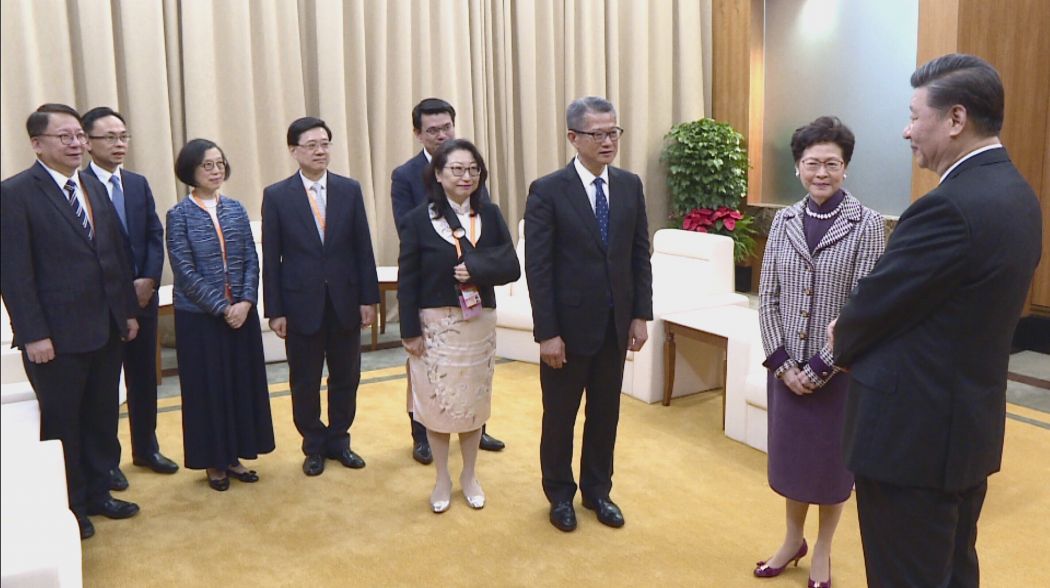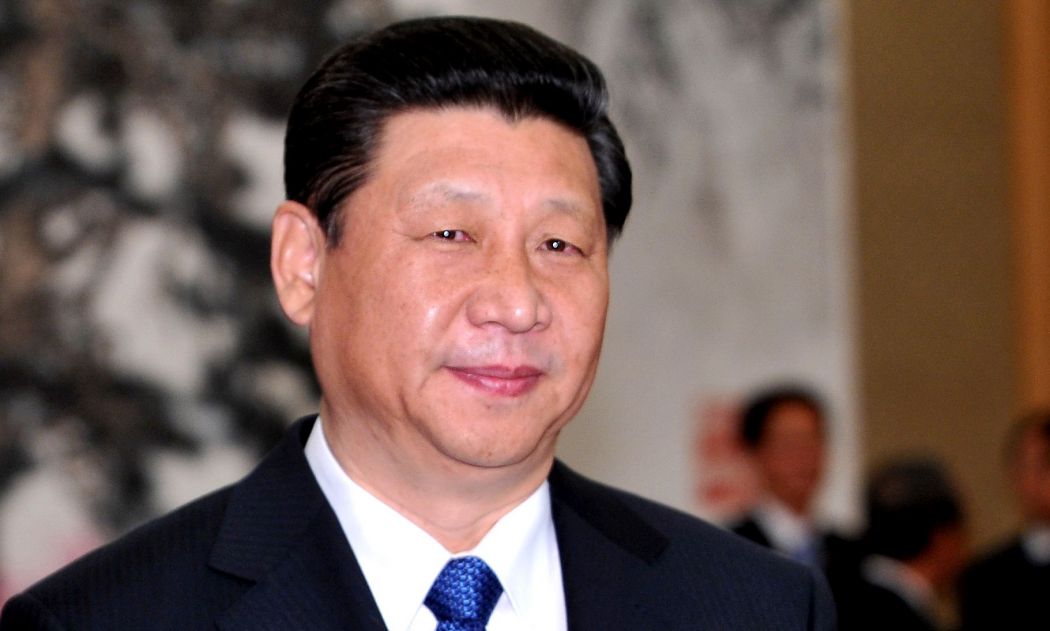By Jorge Menezes
Macau matters to Hong Kong in a peculiar way. In the journey of ‘one country, two systems’, Macau is one step closer to ‘completion’. As Beijing’s ‘good student’, the small SAR doesn’t resist the Motherland’s intrusions, revealing to its larger neighbour what Beijing would like the two SARs to become.
The ‘one country, two systems’ model was conceived as a unique social experiment, in which the two SARs would have the rule of law and protection of rights and liberties without democracy. The test for the rule of law, rights and liberties is whether they work for all, particularly for the powerless and disadvantaged. Now, ‘working for all’ is the game that democracy was devised to play. Governments have a motivation to work for all only when they are elected by, and accountable to, all.

The great majority of Hong Kong and Macau officials are not elected by the people, but appointed by a totalitarian regime, with democracy, the rule of law, and protection of rights and liberties being the three pieces missing from a three-piece puzzle.
Hong Kong developed into a first-class financial centre, providing sophisticated services, by its in-built qualities reflected in the competence and independence of judges, lawyers, public servants, financiers and so on. Macau – where gaming is the floor, the walls and the roof – is a one-business region functioning monopolistically in the context of China and Hong Kong, where gaming is forbidden. It is easy to do well when you are the only provider, the service is in high demand and does not require sophisticated social institutions to uphold it. Making money with gaming in Macau is like placing an empty bucket in the rain: one could devise ways to get more water, cleaner and faster, but you don’t really have to – the bucket will get filled up anyway and the system is constructed around dividing the contents of the bucket. With all its beauty, history, diversity and economic achievement, this deficit of competence, independence, and civic engagement has been a mark of Macau, virtues that money couldn’t buy. The blame is shared by the Portuguese administration up to 1999 and, since then, by Chinese intrusion and local officials’ lack of vision and ineptitude.
Money and obsessive stability – not liberty, creativity and social dignity – are becoming the ultimate goals in a materialistic and protectionist region that has grown used to easy money and easy ‘success’. Being ‘patriotic’ – that is, loving the Party – is becoming the highest moral attainment. Economic dependence from Beijing is now absolute and freedoms are being traded as commodities. While Hong Kong strives courageously for rights, liberties, and democracy, Beijing’s version of ‘one country, two systems’ has silently seeped into Macau’s core, with the resulting loss of the principles of autonomy and continuity of its way of life. Let’s do a quick tour of the good student’s performance.
An elected democratic lawmaker and an activist, Sulu Sou and Scott Chiang, were found guilty of illegal assembly for hand-delivering an open critical letter at the Chief Executive’s address outside the sanctioned assembly’s route (I am their lawyer and Chiang’s conviction is being appealed). In a politically rather than legally grounded decision, Macau’s Court of Final Appeal (CFA) upheld the police decision to ban all assemblies against police brutality in Hong Kong, arguing falsely that it would be an interference in Hong Kong affairs and a violation of its laws. Fundamental rights in Macau were thereby unconstitutionally limited by alleged overseas laws: should, e.g., protesting gender inequality be forbidden for violating Saudi Arabia laws?

Two students holding posters at a university were reprimanded by the Secretary for Security, who warned that they had committed the crime of illegal assembly. Exercising freedom of expression has been labelled ‘one-person protests’, outlawed and incriminated. Youngsters sticking paper messages on walls are being investigated for crimes against property. The president of the CFA asserted that the role of the courts was to maintain social stability (in other words, to do the police’s job).
Could you imagine the Hong Kong Bar Association distributing Xi Jinping’s book (and none other)? As incredible as this sounds, the Macau Lawyers Association (AAM) has just done that. Presided over for over 20 years by Mr. Jorge Neto Valente, the AAM bows subserviently to the authorities, as a government agency would. He pleaded on live TV for an extradition arrangement with China. Argued that the police acted lawfully in banning an assembly in support of Hong Kong’s protests, searching and detaining dozens walking through the area where the protest would (not) happen, some kept for long hours for having Hong Kong stickers in their bags.
What else? The Legislative Assembly, where some are elected, has been subordinating itself energetically to the Government. Macau has criminalised acts disrespectful of the Chinese national anthem, with up to three years in jail. There are thousands of security cameras, hundreds at the university, and face recognition is being installed. When democrats organised polls on universal suffrage, they were harassed by the police for breaching data protection law. The second time they tried, they faced threats and had to cancel it.

Academics are overwhelmingly silent and nearly all with an independent voice were fired and left for Hong Kong. Two legal advisers with 20 years of service at the Legislative Assembly were sacked by its President, now the Chief Executive, for their independence and loyalty to the rule of law. After several months searching for a job, neither has found one.
Freedom of the press is to a significant extent what freedom of expression allows it to be, and it doesn’t allow much: in Macau, expression is essentially practiced in private. Fear is becoming the great motivator. Politicians and businesspeople are one and the same and therefore dismissal for political reasons means actual banishment. Moreover, besides English and Portuguese newspapers, there is only one independent Chinese newspaper. The others are actively pro-Beijing and pro-Government, effecting self-censorship. The 2018 cybersecurity bill revealed a more direct attempt to limit freedom of the press. Dozens of accredited journalists have been denied entry to Macau, as well as artists, writers, politicians, and academics, particularly from Hong Kong. The reason? They pose a risk to Macau’s security. And they pose indeed, the risk of contributing to what could turn out to be a creative, intellectually diverse, free society.
Macau’s visa policy has a new basic requirement: conformity to the official worldview. Laws drafted to protect rights, such as freedom of assembly and data protection, are twisted to encroach upon them. Creativity and freedom of thought are not patriotic. Societies in which to be a free thinker and civic activist one needs to be almost heroic are not free societies. For all this, Macau is praised by Beijing. Macau is a window on what could befall Hong Kong. So, yes, Macau matters to Hong Kong’s liberties.
